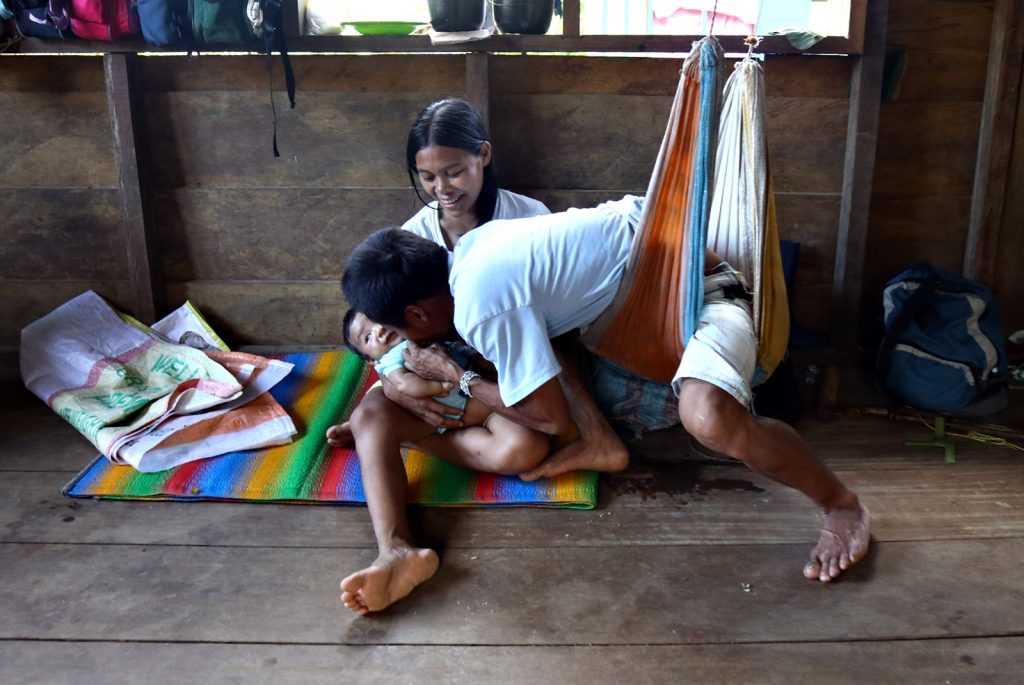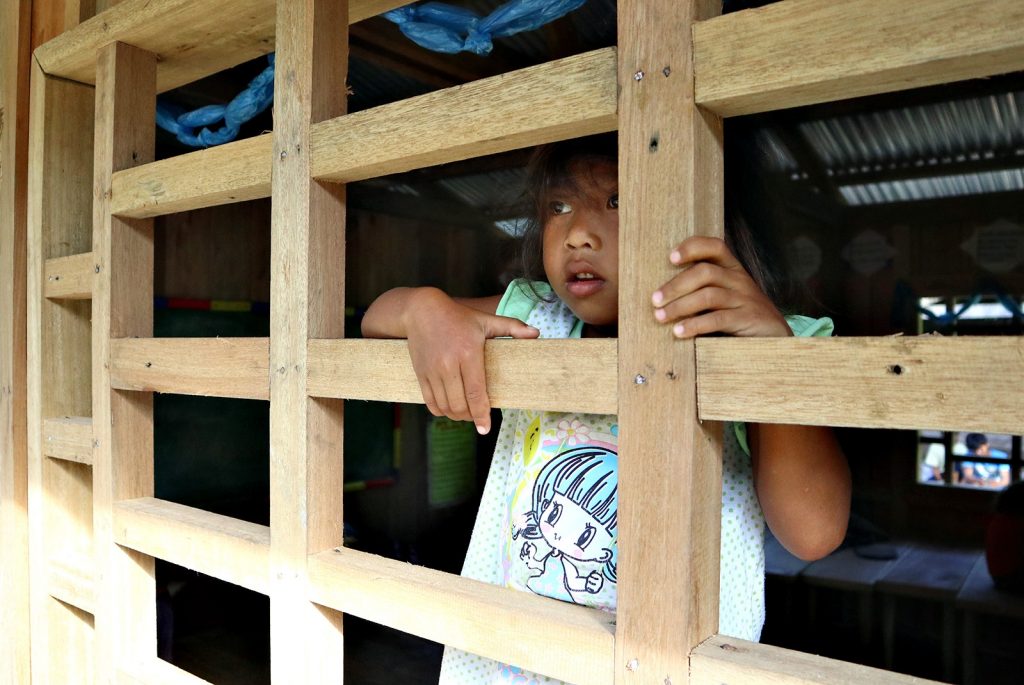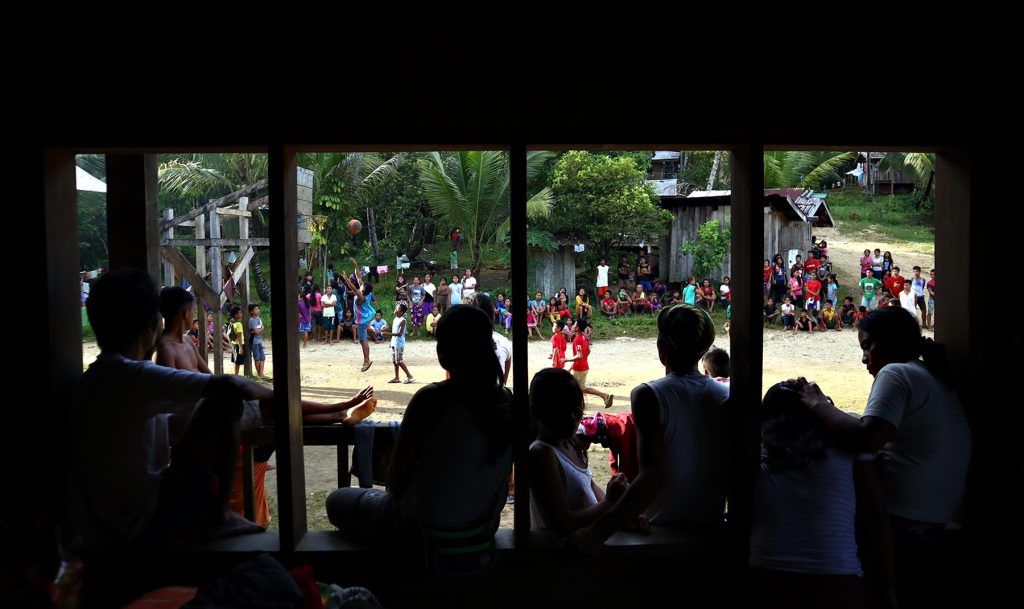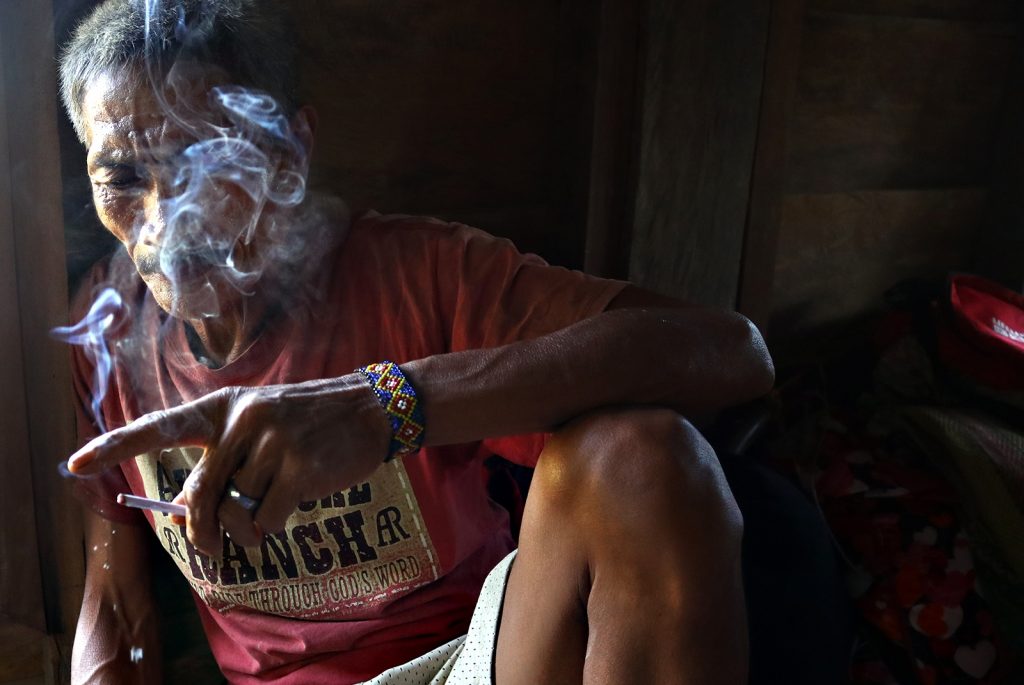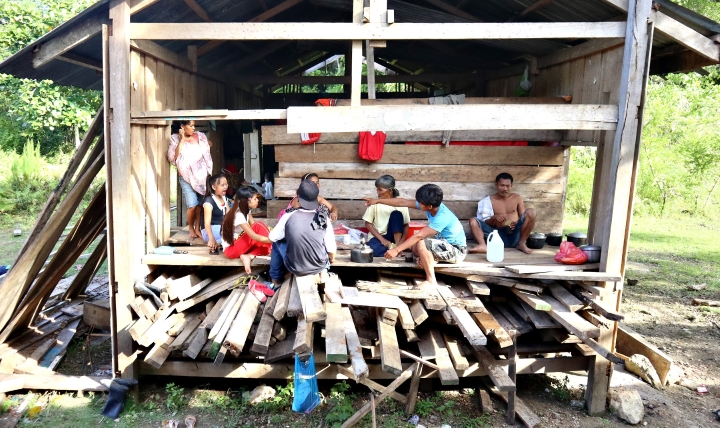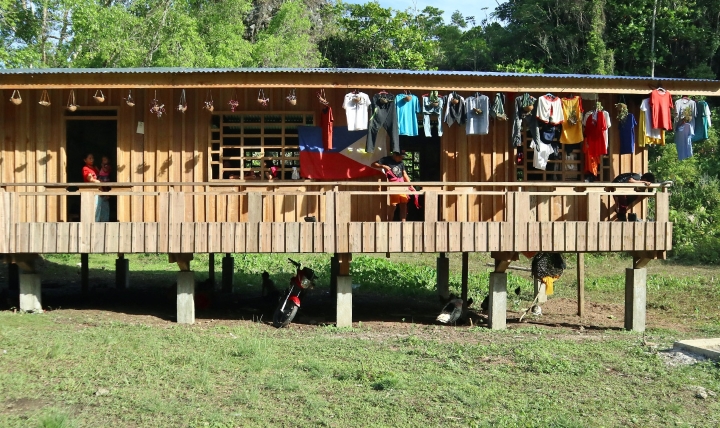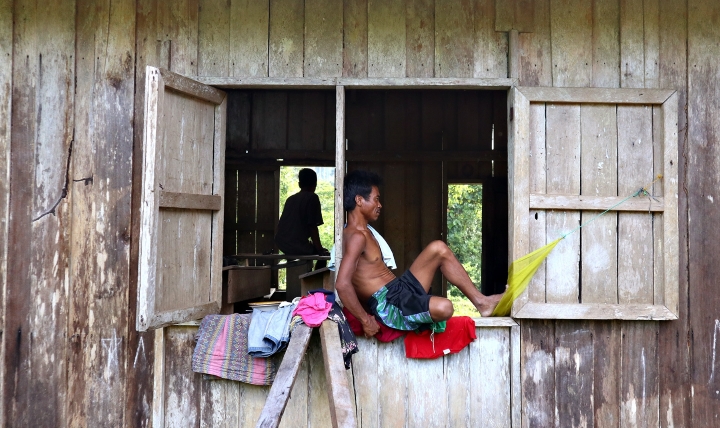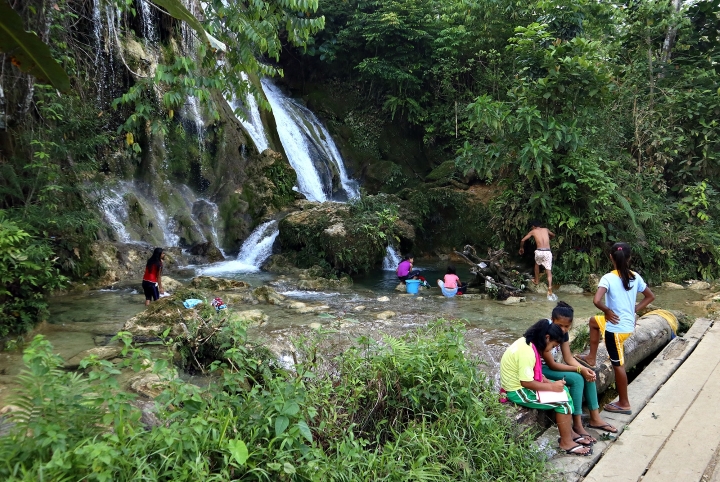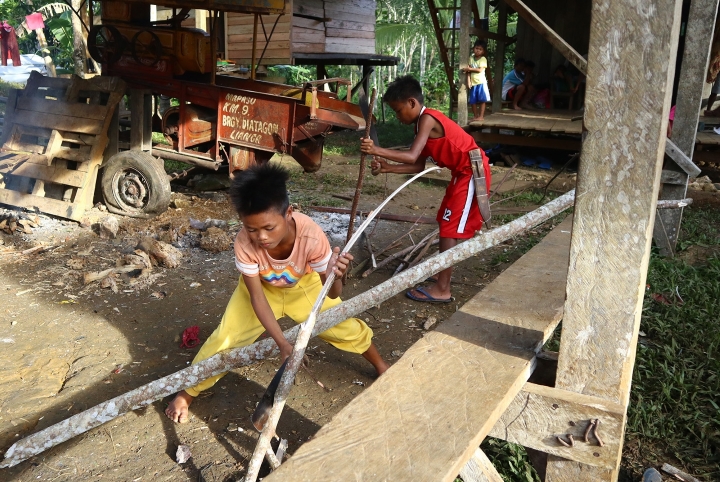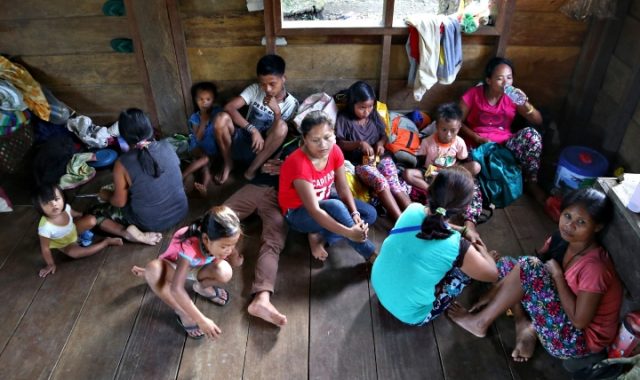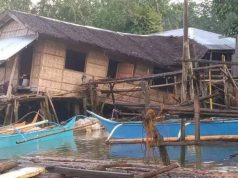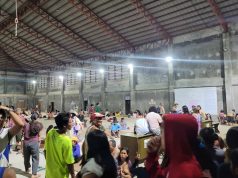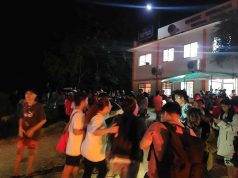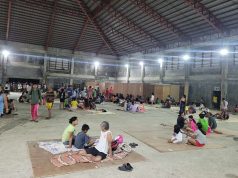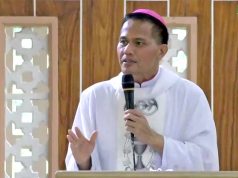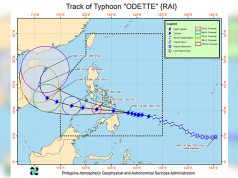Lianga, Surigao del Sur – Some 2,512 largely Manobo Indigenous People (IP) from far flung communities of Barangay Diatagon and adjacent areas here have had to leave their home villages since July 6, for fear that on-going military operations would once again lead to human right violations and killings in their tribal communities.
This comes barely a year after they returned to their homes fro a similar exodus.
The surge of evacuees from the hinterland communities of Lianga and nearby towns started when military operations in their area intensified.
Most of those who evacuated again were displaced for a year from September 2015 to September 2016 right after the September 1, 2015 killing of the chairman of the tribal organization Malahutayong Pakigbisog Alang sa Sumusunod (MAPASU) chairperson, Dionel Campos, Kiwagan Datu Juvello Sinzo and Alternative Learning Center for Agricultural and Livelihood Development, Inc. (Alcadev) Executive Director Emerito Samarca.
“We have not yet fully healed from that trauma, especially since the killer militias have yet to answer for the injustice. They are still out there. Several sightings has suggested that they are still in contact with the military.
“Now we are again experiencing military operation in our area, helicopters flying and passing above. You cannot just tell us not to worry or not be affected since we believe, all of us, that those who killed our leaders and the school head were once armed and supported by the military as their paramilitary militia,” said one of the evacuees from kilometer 16, Barangay Diatagon.
The Lianga Municipal Social Welfare and Development office, as of their July 12, 2017 assessment together with that of the provincial Social Welfare Department, has recorded the number of Internally Displaced Persons (IDP) at no fewer than 2,512 individuals from 362 families, with several families from the towns of Tago and San Agustin, which are just adjacent to Sitio Han-ayan, Barangay Diatagon, Lianga where the bulk of this latest batch of IDPs come from.
The number increased from the figure July 5, 2017 provided by Karapatan Caraga which was around 424 households with 2,047 individuals from nine IP or Lumad communities in Lianga town.
According to the human rights group Karapatan-Caraga, around 200 students of ALCADEV and 43 volunteer teachers of five Tribal Filipino Community Schools run by the Tribal Filipino Program of Surigao del Sur, also evacuated.
At least 633 Lumad students are affected by the disruption of classes due to the evacuation.
A resident of Purok 6, Kilometer-9 explained why the evacuees are seeking refuge in their community; “We can’t blame them for moving out, because they have been traumatized before, by the cycle of violence, the killings, and the conflict that has been happening in their community through these years. It has been happening, again and again, and until now, without justice, without remorse.
“The ironic part of the situation is that people are so afraid that even attending dialogues with the government and voicing out their grievances would led to their being slammed with malicious cases filed in court. This was what happened to several of them after the killings back in September 2015. The military operation going on without them staying in the community doesn’t mean there is no more reason for the fear of the people. The most painful memories came to these communities during similar military operations even before 2009.”
One man said: “I fear for myself for speaking out, I’m afraid that by doing this, they might file a case against me, but what we speak is just the simple truth. The families who returned in September 2015 after staying in the evacuation center in Tandag for a year, have just started rebuilding their lives, their houses. Their community has started to grow and become vibrant again. Trade and commerce picked up pace in just a few months; and things are looking up with an anticipated good harvest. The school and the houses in the area have never looked better, newly renovated. But, why?
“Why can’t we have lasting peace, why cant we just live in peace?”
Datu Boni Acevedo stated, “what we are asking for from the government is to have a heart, to let us be, in peace. Help us develop, we are not asking too much. We just need to be given peace and let us live in peace. Peace especially for our children, a life without the fear of being caught up in the middle of a shooting war that we did not create.”
Col. Franco Nemesio Gacal, commanding officer of the Army’s 402nd Brigade, pointed out that the soldiers operating in the area are not doing so within their community.
“The community happens to be well within the geography of the guerilla base, even if there is no armed combatant within the community. About five to six kilometers away, there you will find our troops operating against the NPA.
“Now what are these NPA’s doing in your vicinity, they are training, recruiting, immersing in activities like wedding and anniversary celebrations. Now, we know that you know; some of them were there.
“The area, the Andap Valley, connects to several other towns, we get reports of the NPA planning to attack other towns, planning to burn or disrupt the transport of banana. What we do is to try and prevent this. We cannot just wait idle for the moment of their attack. We need to conduct our military operation proactively, to strike first. They might be 5 or 10 kilometers from the community, but what will our government be if we cannot accomplish our prime objective?” asked Gacal.
He then blamed the IDPs for compromising the security of his soldiers by resorting to social media and granting interviews with the media.
“In fact, it is the IPs that had provided men and recruits to the NPA. If you won’t give manpower to the NPA, then we won’t have any NPA in Surigao. We won’t be able to solve this problem by demanding the army to stop our military operation and yielding by default,” said Gacal.
“We are holding them from going to their farms for their own good. We don’t want them to be caught in the crossfire. This is just temporary, the soldiers won’t be there forever. We just need the communities’ cooperation and I hope they will also understand our side,” he said.
But several of the IDP’s and even residents from Lianga who also have farms in the area do not see it the same way.
“We have seen for the last eight to 10 months since our return home, most of the affected communities have started to rebuild and rehabilitate. They have regained precious economic headway that they now come down to Diatagon and help drive the economic revival. A harvest of 50 tons of abaca each month from the area at PhP80 is PhP4 million that will circulate in Lianga,” said Sammy Dollano, municipal council member of Lianga.
The community members acknowledge that soldiers and officers themselves also appreciate the problem of insurgency is spawned by poverty. “In this town of Lianga, we rely on our upland agriculture. We respect the mandate of our military, to quell the lawless elements. But the problem is, it comes at our expense.
“With the military operation, several on-going development projects have been compromised; this also creates distrust from the people. This is development in the wrong direction, negating the gains that have been recovered.”
All photographs by Erwin M. Mascariñas, News5 | InterAksyon
